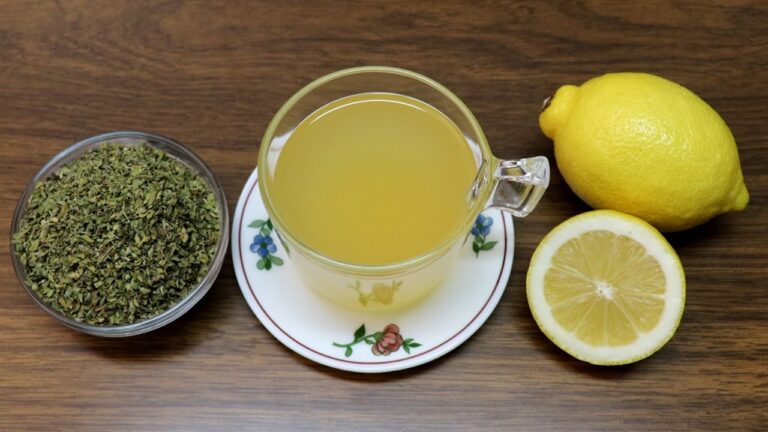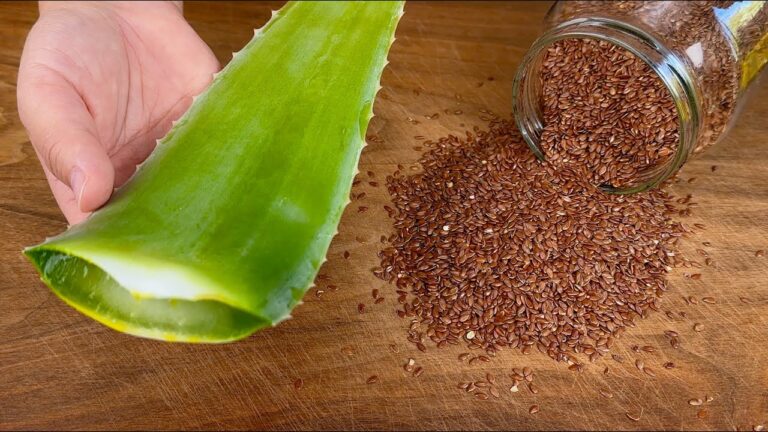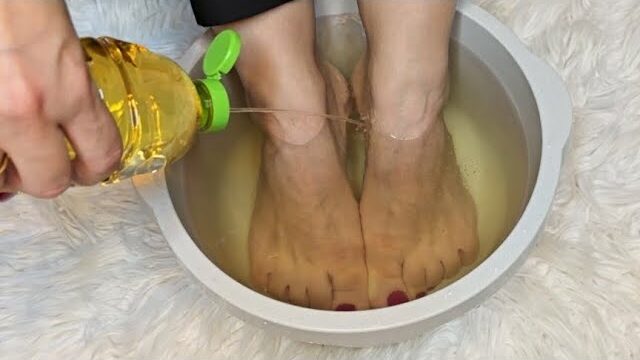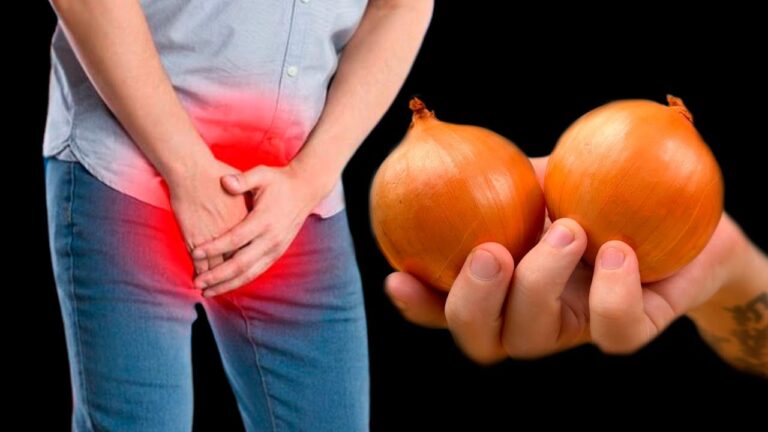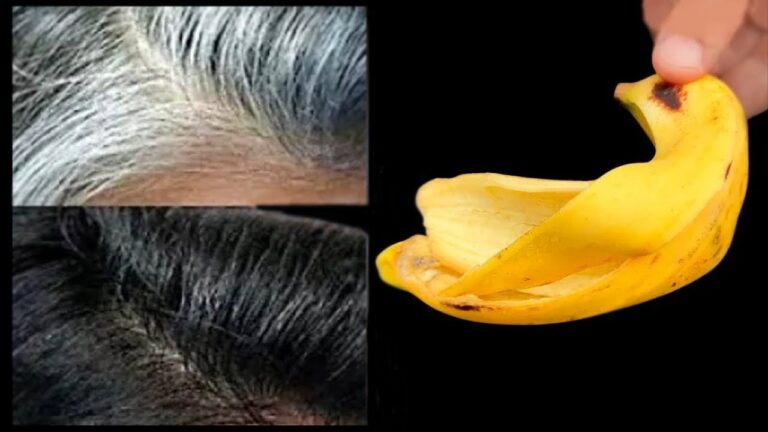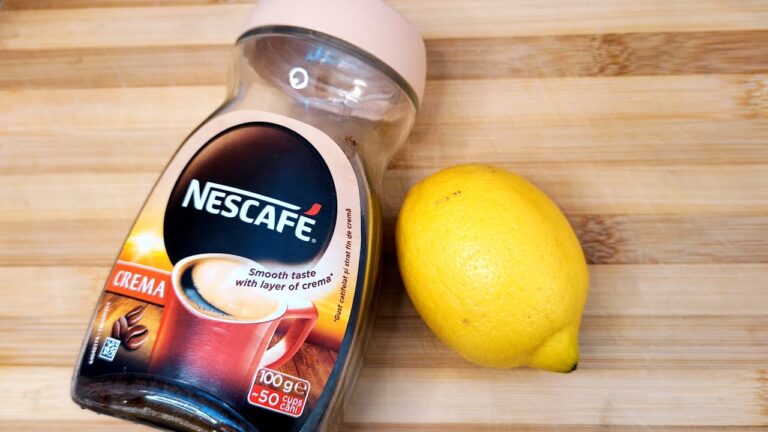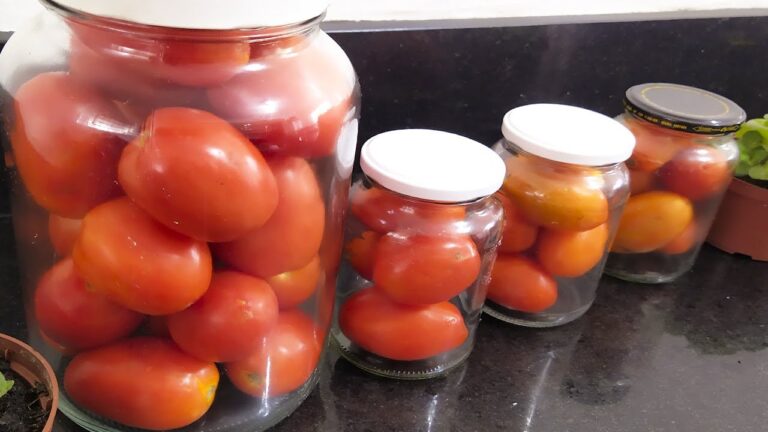Are you looking for a simple and delicious way to improve your overall health? Look no further! This natural juice made with apples and carrots is packed with benefits for your body, and it tastes amazing too! Loaded with essential vitamins and antioxidants, this drink is a great addition to your daily routine.
Why Choose Apple and Carrot Juice?
Carrots are renowned for their rich content of beta-carotene, which is excellent for vision, skin health, and overall well-being. Apples, on the other hand, add a natural sweetness and offer a great source of fiber, vitamin C, and antioxidants. When combined, these ingredients create a powerful and nutrient-dense drink that not only supports digestion but also boosts your immune system and provides a natural energy kick.
How to Make Apple and Carrot Juice
Making this refreshing juice at home is quick and easy! Here’s what you’ll need:
Ingredients
- 2 medium carrots, peeled and chopped
- 1 apple, cored and chopped (choose any variety you like)
- 1 small piece of fresh ginger (optional, for added flavor and health benefits)
- 1/2 cup of water or coconut water (for added hydration)
Instructions
1. Prepare the Ingredients
Start by washing the carrots and apple thoroughly. Peel the carrots and cut them, along with the apple, into smaller pieces for easier blending.
2. Blend
Place the chopped carrot, apple, ginger (if using), and water into a blender. Blend until you achieve a smooth consistency.
3. Strain (Optional)
For a smoother juice, strain the mixture using a fine mesh strainer or cheesecloth. If you prefer a more fiber-rich drink, you can skip this step.
4. Serve and Enjoy!
Pour the freshly made juice into a glass. If you like it chilled, consider adding a few ice cubes. Now, sit back, relax, and savor the delicious flavors of your homemade apple and carrot juice!
Benefits of Drinking Apple and Carrot Juice
This fantastic juice offers numerous health benefits, including:
Boosts Immunity: The antioxidants present in apples and carrots help strengthen your immune system, keeping you healthy and protected.
Improves Skin Health: Carrots are packed with beta-carotene, which promotes a natural glow, while apples support the production of collagen, resulting in smoother and healthier-looking skin.
Supports Digestion: This juice is gentle on the stomach, aiding digestion and providing a natural boost of fiber for a healthy gut.
Natural Energy Boost: Packed with essential nutrients, this juice gives you sustained energy without relying on caffeine or added sugars.
Quick Tips
To give your juice an extra kick of flavor, try adding a squeeze of lemon juice or a sprinkle of cinnamon. These simple additions can make a world of difference to the overall taste.
Make it a habit to enjoy this nutritious juice in the morning to kick-start your day with a burst of vitamins, setting a positive tone for the hours ahead.
So why wait? Start incorporating this apple and carrot juice into your daily routine, and you’ll soon experience its refreshing benefits. Your body will thank you for it!

